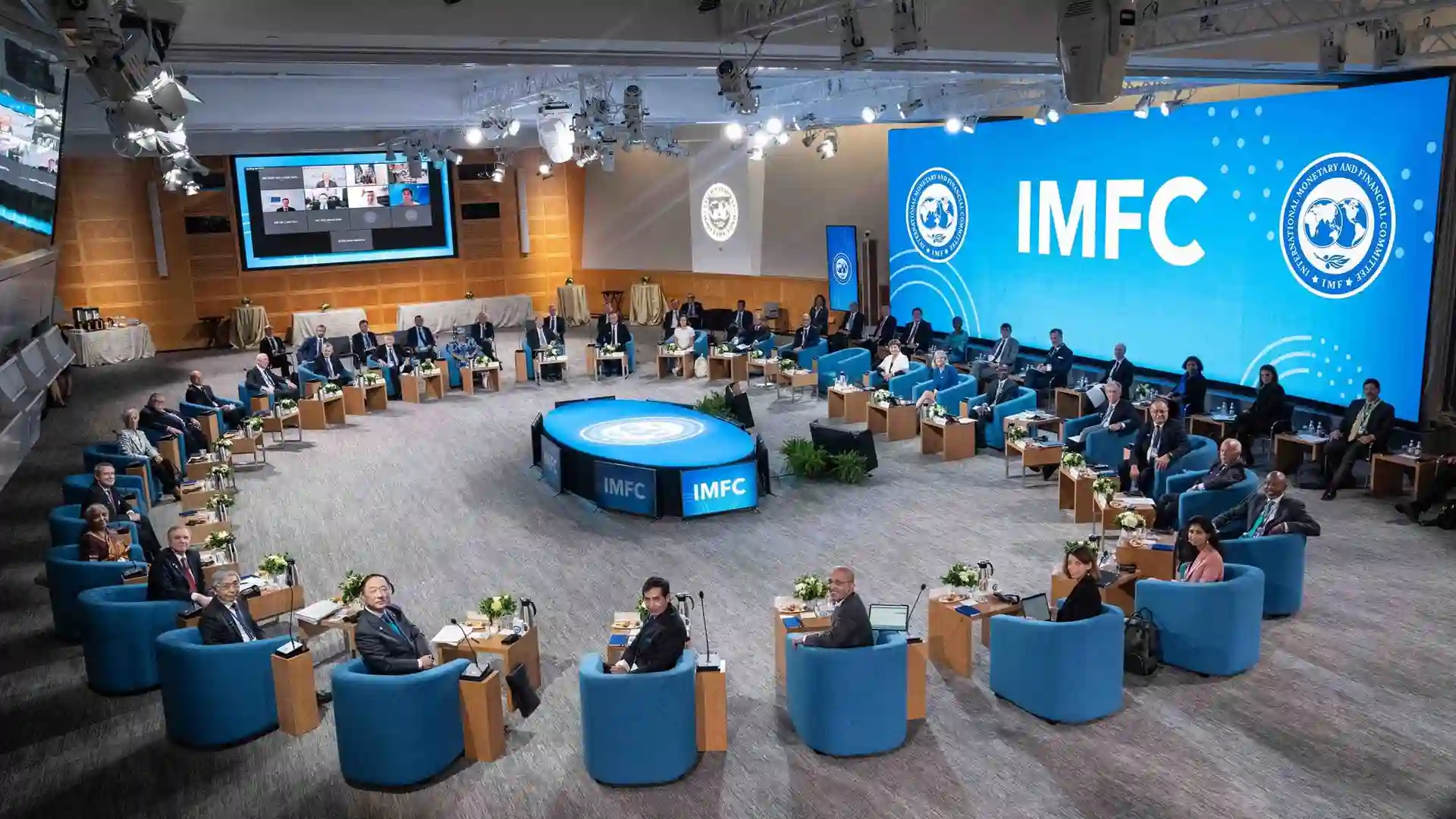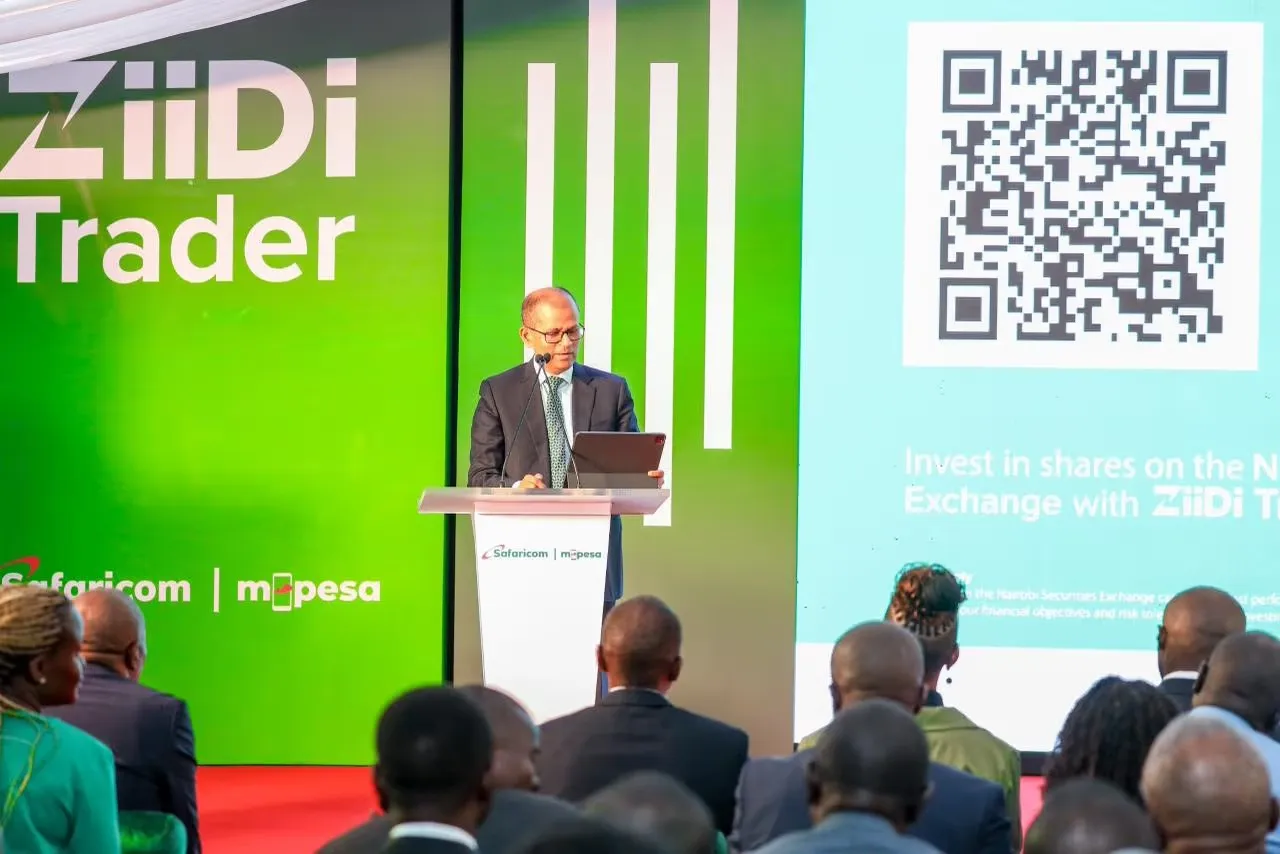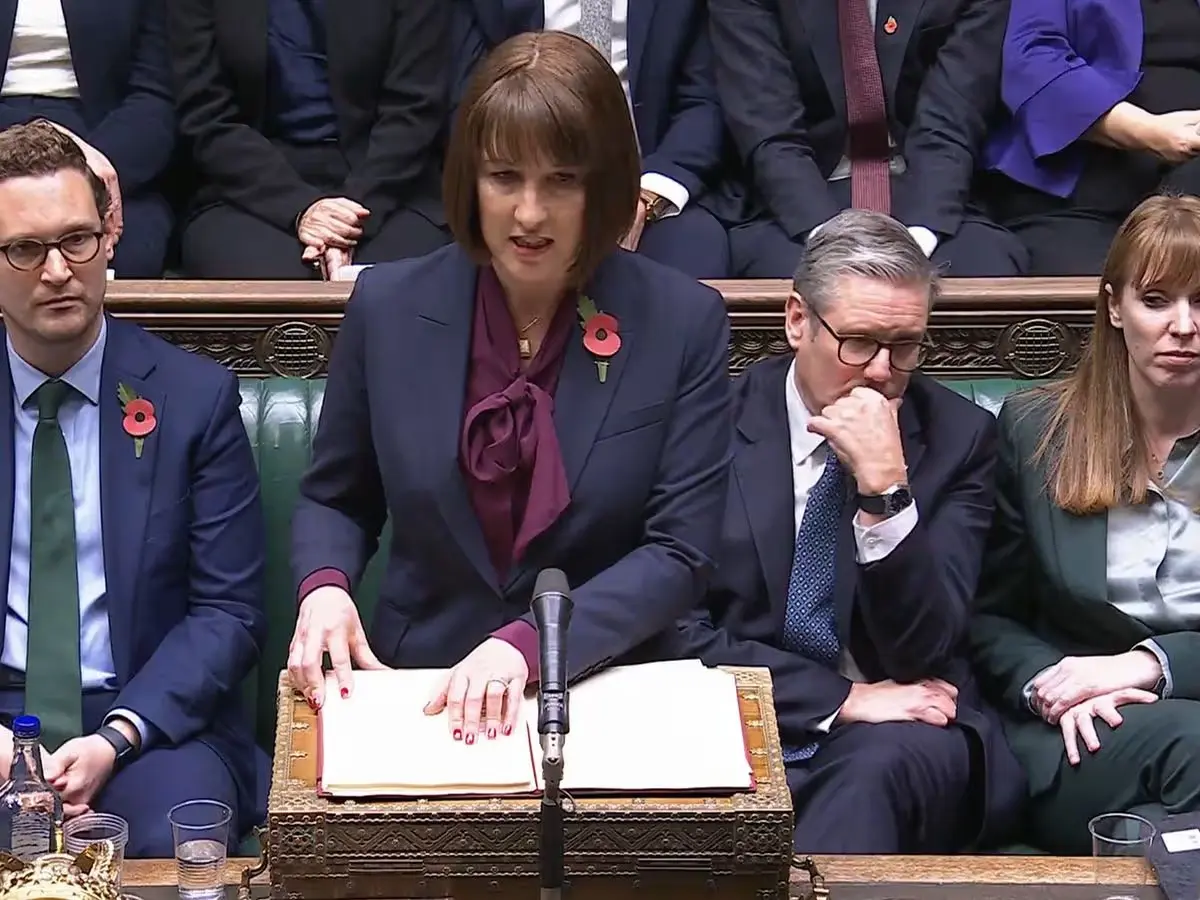As Kenya faces mounting economic pressures and dwindling external financing, the International Monetary Fund (IMF) has called on the government to prioritize development funding through careful expenditure management. IMF’s advice to Kenya comes amidst the challenges of shrinking access to external financing and the increasing difficulty in mobilizing adequate domestic revenue. The IMF has urged the government to consider adopting a more strategic approach to budgeting by focusing on expenditure prioritization and cutting non-essential spending. These efforts aim to ensure that development projects receive the necessary funding, despite the rising burden of debt obligations.
The IMF’s Stance on Controlled Spending and Budget Cuts
Abebe Aemro Selassie, the Director of the IMF’s African Department, emphasized that given the country’s fiscal situation, it is crucial for Kenya to manage its finances prudently. With access to external financing becoming more limited and local revenue mobilization remaining a challenge, the IMF has suggested the government adopt priority-based budgeting to make the best use of available resources. This approach involves reducing expenditures on non-essential services while ensuring that critical development initiatives, particularly in infrastructure and social sectors, are protected.
Kenya’s public debt, which continues to escalate due to the rising cost of borrowing, has become a source of concern for both local and international financial stakeholders. The IMF’s stance is to advocate for measures that can mitigate the financial strain caused by high borrowing costs and debt servicing obligations. By focusing on expenditure cuts that do not compromise long-term development goals, the government can potentially reduce the financial strain associated with debt and borrowing.
One of the critical suggestions from Selassie is that Kenya explore ways to expand the tax base without necessarily increasing tax rates. The IMF recognizes that increasing taxes in an already taxed population can cause unrest, but expanding the tax base by targeting untapped sectors such as the informal economy could provide much-needed revenue without exacerbating public dissatisfaction.
Revenue Mobilization and Expenditure Prioritization
The IMF’s call for improved revenue mobilization through domestic means aligns with Kenya’s broader fiscal strategy. As of now, Kenya’s revenue collection remains insufficient to cover its growing budget, forcing the government to rely heavily on borrowing. According to Selassie, the government should focus on improving domestic revenue collection methods by expanding the tax base and enhancing efficiency in tax administration. One such proposal is to simplify tax remittance procedures for small and medium-sized businesses, which often find the current system cumbersome and time-consuming.
In addition to exploring ways to enhance tax compliance, the IMF also advocates for revisiting Kenya’s spending priorities. The National Treasury has acknowledged that recurrent expenditures, particularly those related to government operations, account for a large portion of the national budget. The government spends approximately KSh 1 trillion annually on recurrent expenditures, including salaries and allowances for public servants. This allocation has been a point of contention, especially as some argue that the number of government officials could be reduced without negatively affecting the provision of public services.
The IMF’s advice comes against the backdrop of growing concerns over the rising cost of government wages. Earlier this year, the Salaries and Remuneration Commission (SRC) approved a significant pay rise for members of parliament, a move that was met with backlash given the economic difficulties the country faces. The rise, amounting to KSh 366,011 in fixed monthly mileage allowances, was seen as a controversial decision at a time when Kenya was grappling with debt and limited resources. Local stakeholders have called for more stringent controls on government wages and operational expenditures to ensure that the focus remains on funding development projects that are essential for long-term economic growth.
Government’s Focus on Domestic Borrowing
In response to the declining availability of external financing, Kenya has increasingly turned to domestic borrowing through the issuance of government securities. This shift is driven by the need to bridge budget deficits and finance development projects. However, the growing reliance on domestic borrowing has also raised concerns about the country’s debt levels and the pressure on local financial markets.
The IMF’s advice on domestic borrowing highlights the importance of being more measured in how the country tackles its development needs. While domestic borrowing may be necessary in the short term, it is vital that the government adopts a more sustainable approach to borrowing and ensures that the funds are directed toward projects that will generate long-term economic returns. This means that more investment should be focused on sectors that can drive private sector-led growth and improve the country’s competitiveness.
In line with this, Selassie noted that the government should consider innovative methods of generating revenue, such as the introduction of road tolling. This is seen as a viable option for financing infrastructure projects without placing undue strain on the national budget. Tolling, as a form of user-pays financing, could help raise revenue for road maintenance and development while ensuring that the burden of financing does not solely fall on taxpayers.
The Challenge of Improving the Investment Climate
One of the IMF’s key proposals for boosting Kenya’s development prospects is the improvement of the investment climate. The government must work to create a conducive environment for both local and foreign investors to thrive. This includes addressing challenges such as high operating costs, complex regulatory frameworks, and inconsistent policies that often discourage investment.
Despite efforts to improve the business environment, Kenya continues to face challenges in attracting and retaining investment. Some businesses, particularly in the manufacturing and services sectors, have exited the Kenyan market, citing the high cost of doing business and the unfavorable tax regime as key factors influencing their decisions. On the other hand, some investors who have entered the Kenyan market continue to face difficulties navigating the complex regulatory landscape, which adds to the costs of doing business.
To address these concerns, the government has made efforts to streamline its investment policies and offer incentives to attract foreign direct investment (FDI). However, these efforts have not always been met with success, as many investors remain cautious about the overall business environment in the country. To foster sustainable growth, the government must not only create a favorable investment climate but also work toward reducing barriers to trade and facilitating regional integration. Regional trade, especially within the East African Community (EAC), can provide opportunities for Kenyan businesses to access larger markets and tap into cross-border investment flows.
Addressing the Gaps in Public-Private Partnerships
Public-private partnerships (PPPs) have been highlighted as a potential avenue for financing infrastructure and development projects in Kenya. The IMF suggests that these partnerships can play a critical role in achieving sustainable development. By leveraging private sector expertise and capital, the government can undertake major infrastructure projects without solely relying on public funding.
However, for PPPs to be successful, the government must ensure that the regulatory environment is conducive to private sector involvement. This includes providing clear legal frameworks, transparent procurement processes, and guaranteeing that the projects are financially viable for private investors. Ensuring that the public sector and private sector interests align is essential for the successful implementation of PPP projects.
Conclusion
In light of the ongoing fiscal challenges, the IMF’s recommendations to Kenya underscore the need for a strategic shift in how the government manages its finances. The country must prioritize development spending, manage recurrent expenditures more effectively, and improve domestic revenue mobilization efforts. Moreover, a more investor-friendly climate and enhanced public-private partnerships could play crucial roles in addressing Kenya’s development needs without further exacerbating the debt burden.
While the IMF’s advice on budget cuts and expenditure prioritization is crucial, it is also important for the government to communicate these changes effectively to the public. By ensuring that development funding remains a top priority and that taxpayers see the benefits of their contributions, Kenya can work toward a more sustainable and equitable economic future.
Ready to take your career to the next level? Join our dynamic courses: ACCA, HESI A2, ATI TEAS 7 , HESI EXIT , NCLEX – RN and NCLEX – PN, Financial Literacy!🌟 Dive into a world of opportunities and empower yourself for success. Explore more at Serrari Ed and start your exciting journey today! ✨
Photo source: Google
By: Montel Kamau
Serrari Financial Analyst
29th April, 2025
Article, Financial and News Disclaimer
The Value of a Financial Advisor
While this article offers valuable insights, it is essential to recognize that personal finance can be highly complex and unique to each individual. A financial advisor provides professional expertise and personalized guidance to help you make well-informed decisions tailored to your specific circumstances and goals.
Beyond offering knowledge, a financial advisor serves as a trusted partner to help you stay disciplined, avoid common pitfalls, and remain focused on your long-term objectives. Their perspective and experience can complement your own efforts, enhancing your financial well-being and ensuring a more confident approach to managing your finances.
Disclaimer: This article is for informational purposes only and does not constitute financial advice. Readers are encouraged to consult a licensed financial advisor to obtain guidance specific to their financial situation.
Article and News Disclaimer
The information provided on www.serrarigroup.com is for general informational purposes only. While we strive to keep the information up to date and accurate, we make no representations or warranties of any kind, express or implied, about the completeness, accuracy, reliability, suitability, or availability with respect to the website or the information, products, services, or related graphics contained on the website for any purpose. Any reliance you place on such information is therefore strictly at your own risk.
www.serrarigroup.com is not responsible for any errors or omissions, or for the results obtained from the use of this information. All information on the website is provided on an as-is basis, with no guarantee of completeness, accuracy, timeliness, or of the results obtained from the use of this information, and without warranty of any kind, express or implied, including but not limited to warranties of performance, merchantability, and fitness for a particular purpose.
In no event will www.serrarigroup.com be liable to you or anyone else for any decision made or action taken in reliance on the information provided on the website or for any consequential, special, or similar damages, even if advised of the possibility of such damages.
The articles, news, and information presented on www.serrarigroup.com reflect the opinions of the respective authors and contributors and do not necessarily represent the views of the website or its management. Any views or opinions expressed are solely those of the individual authors and do not represent the website's views or opinions as a whole.
The content on www.serrarigroup.com may include links to external websites, which are provided for convenience and informational purposes only. We have no control over the nature, content, and availability of those sites. The inclusion of any links does not necessarily imply a recommendation or endorsement of the views expressed within them.
Every effort is made to keep the website up and running smoothly. However, www.serrarigroup.com takes no responsibility for, and will not be liable for, the website being temporarily unavailable due to technical issues beyond our control.
Please note that laws, regulations, and information can change rapidly, and we advise you to conduct further research and seek professional advice when necessary.
By using www.serrarigroup.com, you agree to this disclaimer and its terms. If you do not agree with this disclaimer, please do not use the website.
www.serrarigroup.com, reserves the right to update, modify, or remove any part of this disclaimer without prior notice. It is your responsibility to review this disclaimer periodically for changes.
Serrari Group 2025
















